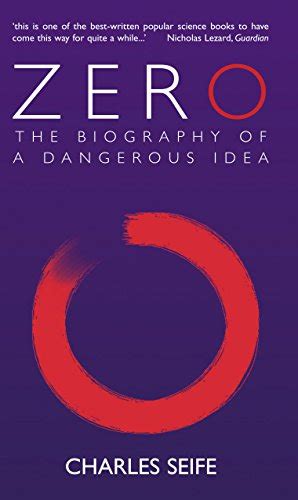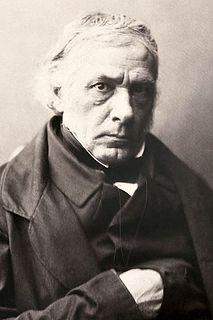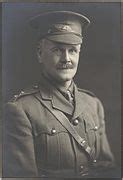A Quote by Gilles Deleuze
The speculative object and the practical object of philosophy as Naturalism, science and pleasure, coincide on this point: it is always a matter of denouncing the illusion, the false infinite, the infinity of religion and all of the theologico-erotic-oneiric myths in which it is expressed.
Related Quotes
Zero is powerful because it is infinity’s twin. They are equal and opposite, yin and
yang. They are equally paradoxical and troubling. The biggest questions in science
and religion are about nothingness and eternity, the void and the infinite, zero and
infinity. The clashes over zero were the battles that shook the foundations of philosophy,
of science, of mathematics, and of religion. Underneath every revolution lay a
zero – and an infinity.
When Hume insists that taste is a matter of delicacy, that it is a matter of having a sensitivity to features of an object itself, he is very close to the rationalist doctrine. Hume was really a covert objectivist (or partial one) about aesthetic pleasure because that pleasure had to be based on the sensitivity to features in the object.
An absolute can only be given in an intuition, while all the rest has to do with analysis. We call intuition here the sympathy by which one is transported into the interior of an object in order to coincide with what there is unique andconsequently inexpressible in it. Analysis, on the contrary, is the operation which reduces the object to elements already known.
Art neither belongs to religion, nor to ethics; but, like these, it brings us nearer to the Infinite, one of the forms of which it manifests to us. God is the source of all beauty, as of all truth, of all religion, of all morality. The most exalted object, therefore, of art is to reveal in its own manner the sentiment of the Infinite.
Wonder — the enthusiastic ardor for the sublimity of being, for its worthiness to be an object of knowledge — promises to become the point of departure for genuine insight only where it has reached the stage in which the subject, overwhelmed by the object, has, as it were, fused into a single point or into nothing.
Philosophy, certainly, is some account of truths the fragments and very insignificant parts of which man will practice in this workshop; truths infinite and in harmony with infinity, in respect to which the very objects and ends of the so-called practical philosopher will be mere propositions, like the rest.

































